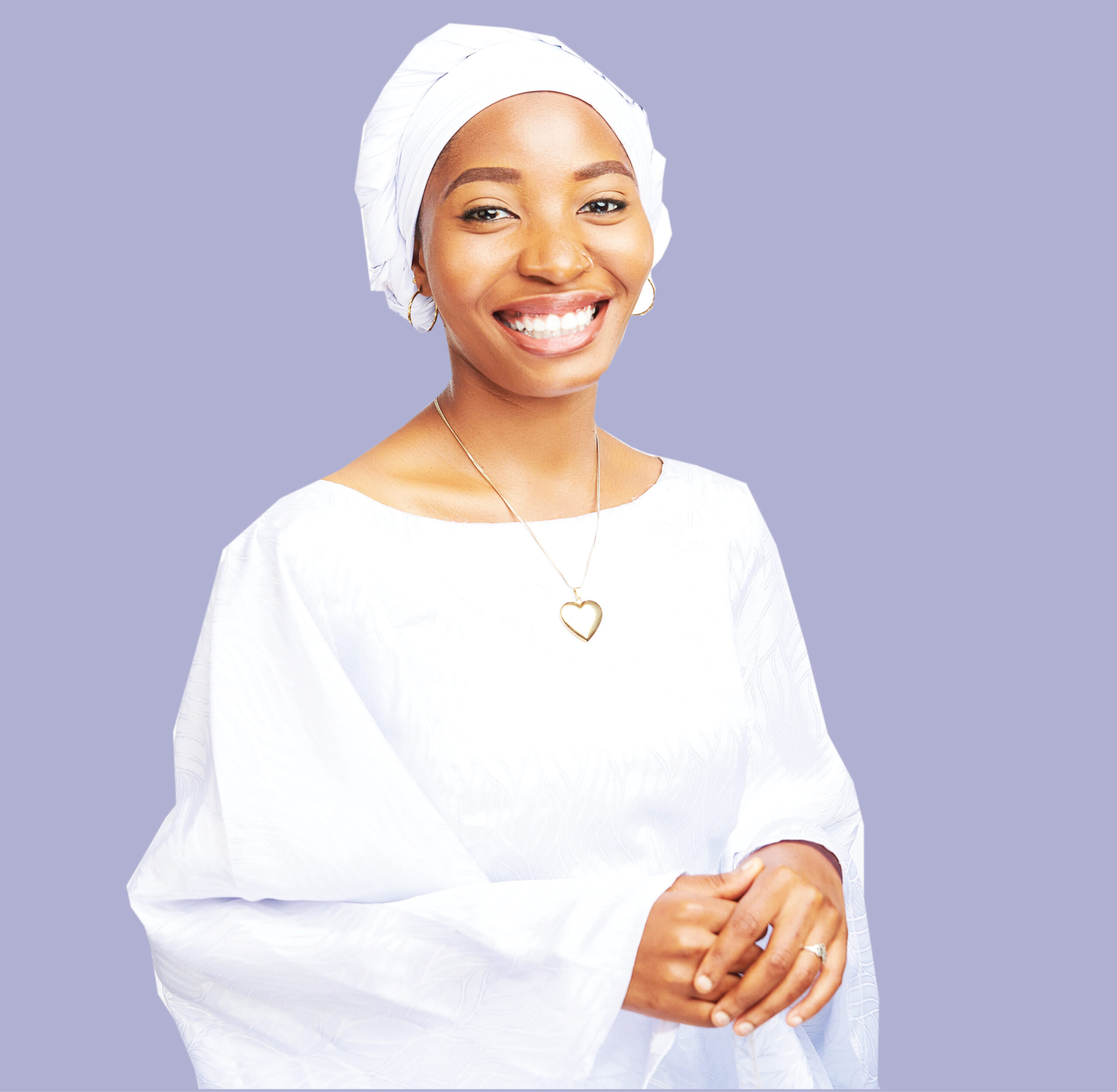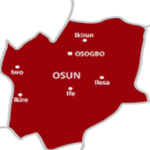Habiba Yusuf Bobi is the founder of Flore Art Gallery and organiser of the Carnelian Art Festival.
The Microbiology graduate also holds a diploma in Basic and Advanced Photography and Graphics Design and a certificate in Basic and Advanced Filmmaking and Editing from High Definition Film Academy, Abuja.
- Family members of murdered ISIS fighters repatriated to Abuja
- PODCAST: IDP Camps: A Ticking Time Bomb
The Niger State-born photographer in this interview reveals her battle with mental health and how Nigerians’ misconceptions about Art Festivals affect the art industry.
Tell us about the Carnelian Art Festival
The Carnelian Art Festival was named after the carnelian gemstone which is also known as the artist stone. It represents creativity, confidence, and passion which are exactly what the festival is all about. The festival is an annual event that takes place in Abuja. It serves as a window for creative artists to express their emotions entangled in their art through photography, fashion design, filmmaking, painting, music, dance, acting, makeup, poetry, food etc. It is all about creating a connection between creative artists, their innermost feelings, and their audience. It is an exhibition that involves so many creative artists displaying a body of work around a given theme. It allows them to creatively and freely express themselves.

What led to the commencement of the festival?
Anxiety and a bit of depression led to the festival. At the peak of COVID-19, my mental health was not at its best. For a while, I was not able to get out of bed and pick up my camera to take pictures of the things I would naturally be excited to photograph. It just felt so exhausting and draining. It felt like I was in this very dark hole and it was very terrifying. The first day I picked up my camera after that phase, I noticed most of the images I created were literally visual representations of how I was feeling when I was mentally down and it dawned on me that I really just wanted to be heard. There are many creative artists that wanted to be heard too so I took it upon myself to start a process of building and putting together a space, an experience where we are all allowed to creatively express ourselves. The aim of the festival is to provide a platform for creative artists to freely and creatively express themselves. With the festival, creative artists get to have a platform for networking, intellectual conversations, and innovation in the creative industry. Also, the festival emerges as a support system for emerging creative artists and a creative powerhouse that would serve as a safe space. The Carnelian Art Festival is unique because it houses a number of diverse creative artists and unifies them despite their differences.
Did art help you overcome mental health issues?
I would not say it completely helped me overcome it. Art made me feel better. Knowing that I could express myself through the images I create and through the things I write, was very comforting so it made everything more bearable.
How well do you think festivals as this has contributed to the growth of art in Nigeria?
The festivals provide a platform and a safe space for artists, the Carnelian Art Festival encourages freedom of expression through art. So, artists who ordinarily feel restricted now have a platform to fully express themselves. By so doing, they would reach more creative artists. This would ultimately promote art and redefine the future of creative self-expression in Nigeria. The Carnelian Art Festival creates an enabling platform for emerging artists. It supports the promotion of intuitive thinking and enhances creativity. The more room an individual is given to be creative, the more productive they turn out.

How would you describe Nigerians’ attitude to art festivals?
The attitude of Nigerians towards art festivals is not encouraging. If the festival is not trending on social media, the attendance would be poor. I noticed that some Nigerians do not know what an art festival is because it was a real struggle explaining to people that an art festival is not a trade fair, which is one of the driving forces of organizing the festival. We wish to change the narrative by bringing creative artists closer to their audience. We plan on achieving this by building a genuine community. I do not know why Nigerians find it difficult to differentiate art festivals from trade fairs but I think the fact that we do not have a lot of art festivals organised might be a major factor.
What are the challenges you faced in organizing the festival?
I have faced so many challenges since I started organizing the festival. I struggled to stay sane amidst all the chaos while organising the festival and coming to terms with the fact that no matter how hard and how long you plan, you can only record progress but not 100 per cent perfection.
What are your plans to repositioning the festival?
A number of capacity building summits/seminars and creativity packed events will be scheduled accordingly to keep the emerging artists and art enthusiasts engaged all year round.
Why do you think Nigerians should be interested in art festivals?
I think Nigerians should be interested in art festivals because several things are happening so fast, especially in the creative industry, and no doubt art has become a key means of expression for many people. What better way to make someone’s world a little bit brighter and colourful than being interested, supporting and attending art festivals that allow them to express themselves freely and creatively.
What kind of support would you need to promote the festival?
Exposure is important. We need wide outreach so that we can connect with creative artists at different levels. Also, technical support in terms of professional advice and consultancy would come in handy.

 Join Daily Trust WhatsApp Community For Quick Access To News and Happenings Around You.
Join Daily Trust WhatsApp Community For Quick Access To News and Happenings Around You.


